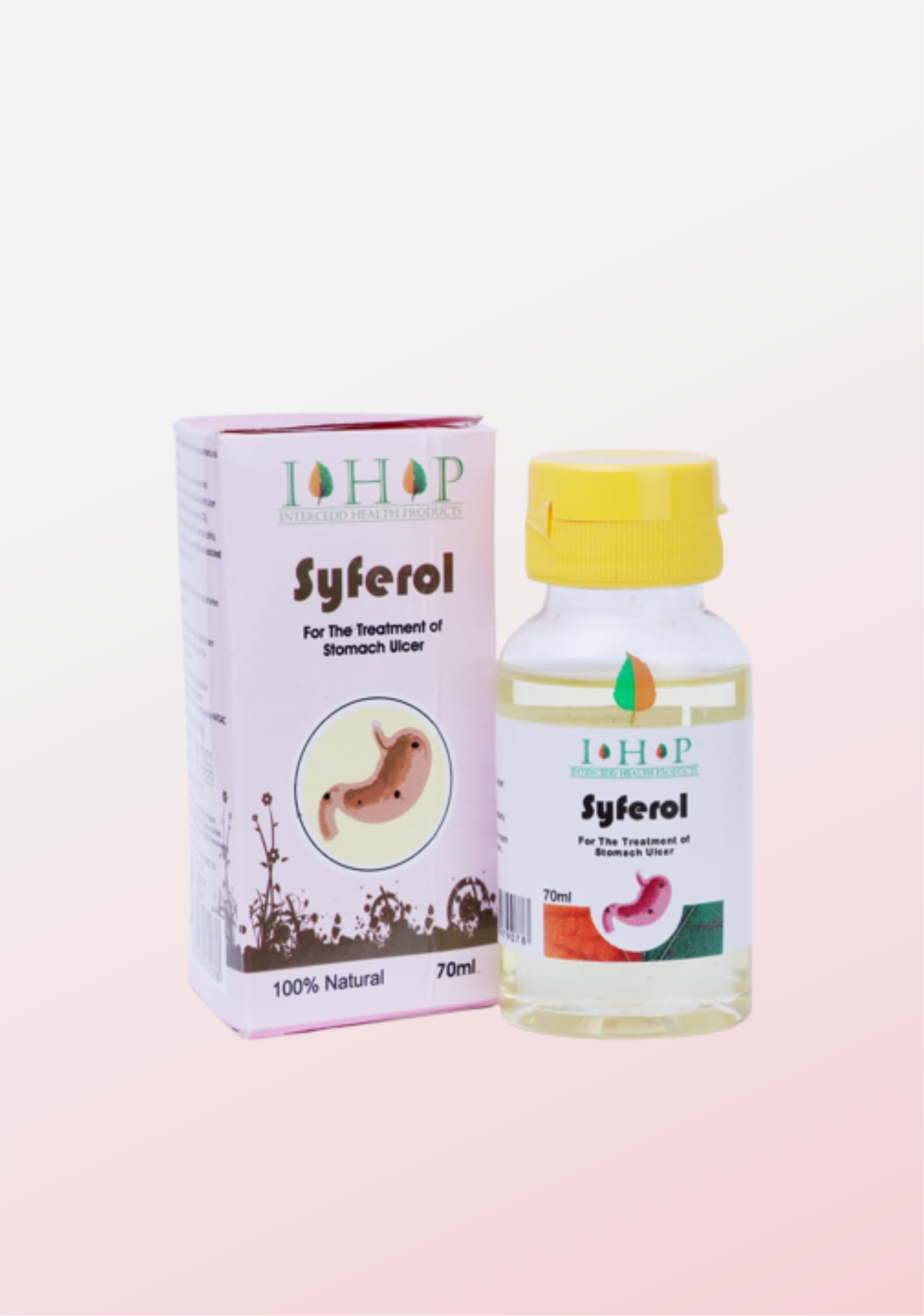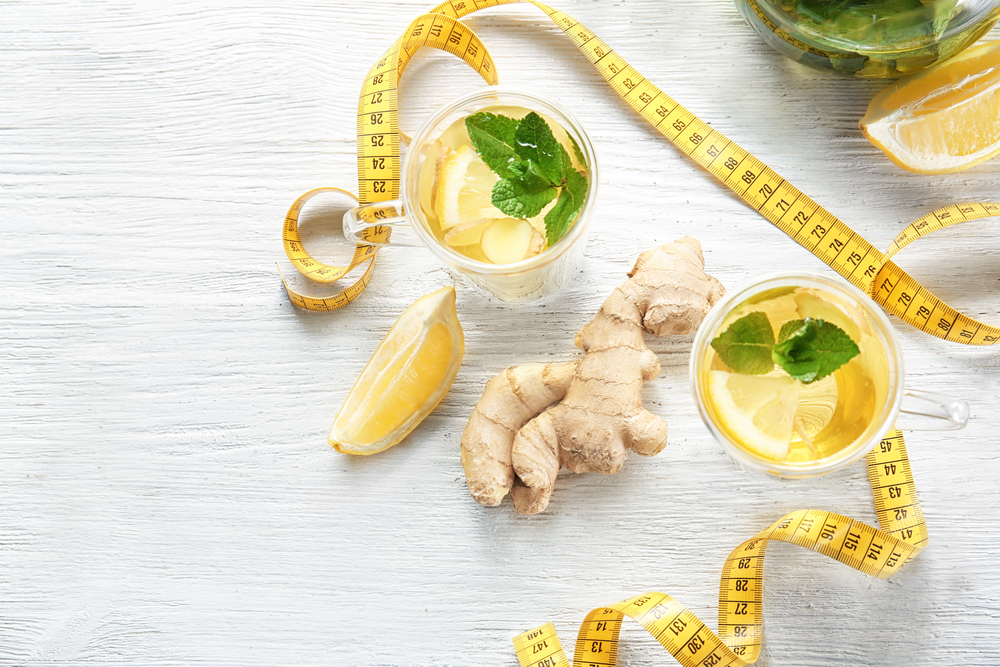Discover How Detox Tea Boosts Weight Loss
Detox tea, often hailed as a natural remedy for weight loss, has gained significant popularity in recent years. But what exactly is detox tea, and how does it work?
Detox tea is a beverage crafted from a blend of herbs, spices, and other natural ingredients known for their cleansing properties. The concoction is typically steeped in hot water, creating a fragrant and soothing drink. While detox teas have been used for centuries in traditional medicine systems, their modern iteration has gained widespread attention for their potential benefits, particularly in supporting weight loss efforts.

Historically, the concept of detoxification through herbal teas can be traced back to ancient civilizations like China and India, where herbal remedies were commonly used to cleanse the body and promote overall wellness.
In modern culture, detox tea has experienced a resurgence in popularity, fueled by a growing interest in holistic health practices and natural remedies. With many people seeking alternatives to conventional weight loss methods, detox tea has emerged as a popular option due to its perceived ability to flush out toxins, boost metabolism, and aid in shedding excess pounds.
Whether it’s for its purported health benefits or simply its pleasant taste and calming effects, detox tea continues to captivate the interest of health-conscious individuals worldwide.
Understanding Weight Loss and Detox Tea
Detox tea has become increasingly popular as a means of aiding weight loss, but understanding its mechanisms and efficacy requires a closer look at its components and how they interact with the body.
How Does Detox Tea Work for Weight Loss?
Detox teas are purported to aid weight loss through several mechanisms. Firstly, they often contain ingredients known for their diuretic properties, which can help reduce water retention and bloating, giving the appearance of weight loss. Additionally, some ingredients in detox teas may stimulate metabolism, promoting the burning of calories and fat. Moreover, the act of consuming detox tea may serve as a replacement for high-calorie beverages, leading to a reduction in overall calorie intake.
Key Ingredients and Their Impact
1. Green Tea: One of the most common ingredients in detox teas, green tea contains catechins and caffeine, which have been shown to boost metabolism and promote fat oxidation, potentially aiding in weight loss.
2. Dandelion: Dandelion root is believed to have diuretic properties, helping to reduce water weight. It may also support liver function, which is essential for detoxification processes in the body.
3. Ginger: Known for its anti-inflammatory and digestive properties, ginger may help support weight loss by improving digestion and reducing inflammation, which can contribute to bloating and water retention.
Debunking Myths and Misconceptions
Despite its popularity, detox tea is not a miracle solution for weight loss. While it may provide temporary results through water weight reduction and increased metabolism, long-term weight loss requires sustainable lifestyle changes, including a balanced diet and regular exercise. Additionally, detox tea should be used in moderation, as excessive consumption can lead to adverse effects such as dehydration and electrolyte imbalances.
Understanding the role of detox tea in weight loss requires a critical examination of its ingredients and mechanisms, along with a realistic understanding of its limitations and potential risks.
5 Best Types of Detox Tea
Detox teas have garnered significant attention for their potential health benefits, and among the plethora of options available, seven types stand out for their distinct properties and effects on detoxification and overall well-being.

1. IHP Detox Tea: IHP detox tea is formulated with a blend of herbs and spices carefully selected to support the body’s natural detoxification processes. It often includes ingredients like ginger, turmeric, and cinnamon, known for their anti-inflammatory and antioxidant properties. This tea aids in flushing out toxins, promoting digestion, and boosting metabolism.
2. Green Tea Detox Blends: Green tea is renowned for its high antioxidant content, particularly catechins like EGCG, which support detoxification and weight management. Green tea detox blends combine green tea with other herbs such as lemongrass, mint, or dandelion root to enhance its detoxifying effects while providing a refreshing taste.
3. Herbal Detox Teas: Herbal detox teas utilize a variety of herbs like dandelion, burdock root, and nettle leaf, each known for its detoxifying properties. These teas support liver and kidney function, aiding in the elimination of toxins from the body. Additionally, they may promote digestive health and reduce inflammation.
4. Oolong Tea Detox: Oolong tea undergoes partial oxidation, resulting in a unique flavor profile and a diverse range of health benefits. Rich in polyphenols and catechins, oolong tea supports metabolism and fat oxidation, making it an excellent choice for detoxification and weight management.
5. Earl Grey Tea: Although not traditionally marketed as a detox tea, Earl Grey contains bergamot, a citrus fruit rich in antioxidants. These antioxidants support liver health and aid in detoxification, making Earl Grey tea a flavorful addition to a detox regimen.
Do detox teas help you lose weight?

Teas are a popular and generally healthful beverage. Green tea is said to be particularly healthful, including compounds that can aid with weight loss. These compounds are known as catechinsTrusted Source. They seem to boost the amount of fat burnt when exercising. However, experts believe that additional study is needed to properly understand green tea’s benefits on weight loss.
There are no clinical studies that show detox teas are effective for weight reduction. Most detox teas come with food and exercise suggestions for a week or more of “cleansing”. These recommendations may encourage eating healthily or eating sparingly.
Companies that offer detox drinks and other treatments frequently promote rigorous exercise, claiming that it might help the body remove toxins. Eating more healthfully or eating less, along with greater activity, may result in weight loss. In other words, losing weight when drinking detox teas may not be due to the tea itself, but to a reduction in calorie intake and an increase in caloric expenditure.
Detox teas can include high doses of caffeine. While caffeine is naturally present in most teas, large doses serve as a diuretic. Diuretics cause the body to release water through urine and bowel motions. They might cause you to lose what is known as “water weight.” Detox teas may also serve as a laxative, allowing meals to pass more quickly through your digestive tract. This might give your abdomen a sleeker and flatter appearance. However, detox teas do not result in significant or long-term fat reduction. Instead, they can cause dehydration.
What are doctors saying?
Most doctors believe that the best method to lose weight is to eat healthily, exercise regularly, and keep hydrated. These teas encourage “detoxing” the system, or draining the body of toxins, even though our bodies already do this job.
Drinking them regularly for an extended length of time will result in stomach issues. Consistent laxative usage stimulates your intestines, alerting your body to quit performing that function after becoming dependent on the stimulant for an extended period. When you stop drinking detox tea, you may get constipation and be obliged to use laxatives to manage bowel motion.
If the detox tea contains stimulants, it may cause an increase in heart rate and blood pressure, as well as feelings of jitteriness and anxiety. This may be worrisome for those with hypertension, heart disease, arrhythmias, and certain psychological conditions.
Another concerning side effect of detox tea consumption is dehydration. The teas include diuretics, which cause you to lose a lot of water, so your weight may decrease by 5 pounds or so for a few days. Detox drinks can help you lose weight, but it’s unlikely that much of it will be fat loss. These products can cause significant fluid loss, often known as diuretic effects. However, the diuretic action may result in the loss of sodium, potassium, and other important components required for your heart and muscles to function correctly.
Benefits of Detox Tea for Weight Loss
Detox tea is often touted for its potential benefits in supporting weight loss through various mechanisms.
Firstly, detox teas may contribute to improved metabolism. Ingredients like green tea contain compounds such as catechins and caffeine, which have been shown to boost metabolism and increase fat oxidation, potentially aiding in weight management.
Additionally, detox teas may help suppress appetite, making it easier to control food intake and reduce overall calorie consumption. Certain herbs and spices found in detox teas, such as ginger and cinnamon, have been linked to feelings of fullness and reduced hunger cravings.
Furthermore, detox teas can enhance digestion. Ingredients like dandelion and peppermint are known for their digestive properties, helping to soothe the gastrointestinal tract, reduce bloating, and improve nutrient absorption.
Moreover, detox teas support the body’s natural detoxification processes. Ingredients like milk thistle and burdock root aid liver function, facilitating the removal of toxins from the body. By promoting detoxification, these teas may help optimize metabolic function and support overall health, potentially contributing to weight loss efforts.
Potential Side Effects and Risks
While detox teas are often praised for their potential health benefits, it’s essential to be aware of potential side effects and risks associated with their consumption.
One common concern is caffeine sensitivity. Many detox teas contain green tea or other ingredients rich in caffeine, which can cause jitteriness, insomnia, or increased heart rate in individuals sensitive to caffeine. Excessive caffeine consumption can also lead to dehydration and electrolyte imbalances.
Additionally, some people may experience digestive issues after consuming detox teas. Ingredients like senna, a natural laxative often found in detox blends, can cause diarrhea, stomach cramps, and dehydration if used excessively or for prolonged periods.
Furthermore, detox teas may interact with certain medications. For example, green tea contains compounds that can interfere with the absorption of certain medications, including blood thinners and antidepressants. It’s crucial to consult with a healthcare professional before incorporating detox teas into your routine, especially if you’re taking medications or have underlying health conditions.
Moreover, detox teas are not regulated by the FDA, meaning their safety and efficacy may vary between brands and products. Some detox teas may contain hidden ingredients or contaminants, posing potential health risks.
FAQ:
A. How often should I drink detox tea for weight loss?
The frequency of consuming detox tea for weight loss can vary depending on individual preferences and tolerance. It’s generally recommended to follow the instructions provided on the product packaging or consult with a healthcare professional for personalized advice.
B. Can detox tea help with long-term weight management?
While detox tea may offer temporary weight loss benefits, its effectiveness for long-term weight management is uncertain. Sustainable weight loss requires a comprehensive approach, including a balanced diet, regular exercise, and healthy lifestyle habits.
C. Are there any potential risks associated with detox tea?
Yes, there are potential risks associated with detox tea, including caffeine sensitivity, digestive issues, and interactions with medications. It’s essential to be aware of these risks and consult with a healthcare professional before incorporating detox tea into your routine.
D. Should I consult a healthcare professional before starting a detox tea regimen?
Yes, it’s advisable to consult with a healthcare professional before starting a detox tea regimen, especially if you have underlying health conditions, are pregnant or breastfeeding, or are taking medications. A healthcare professional can provide personalized guidance and ensure the safety and efficacy of the regimen.
E. Can detox tea replace meals for weight loss?
Detox tea is not intended to replace meals for weight loss. While it may aid in appetite suppression and support detoxification processes, it’s essential to consume a balanced diet that includes a variety of nutrient-rich foods for sustainable weight loss and overall health.
Conclusion
The verdict on detox tea for weight loss is a balanced one, acknowledging both its potential benefits and the need for caution and informed use. Detox teas, like IHP detox tea, can indeed offer support for weight loss efforts, thanks to their blend of natural ingredients known for their detoxifying and metabolism-boosting properties.
Detox tea weight loss claims stem from the ingredients’ ability to enhance metabolism, suppress appetite, and aid in digestion. These teas can provide a refreshing and flavorful addition to your daily routine, while also promoting hydration and overall wellness.
While detox teas can be beneficial, it’s crucial to approach their use with caution. Consulting with a healthcare professional before starting a detox tea regimen ensures safety, especially if you have underlying health conditions or are taking medications. Additionally, monitoring your intake and being mindful of any potential side effects or risks associated with detox teas is essential.
Incorporating detox tea, such as IHP detox tea, into your lifestyle can be a positive step towards supporting your weight loss journey and overall well-being. However, it’s essential to remember that detox teas are not a magic solution for weight loss. They work best when combined with a balanced diet, regular exercise, and healthy habits. By taking a holistic approach to weight loss and incorporating detox tea as part of your routine, you can maximize its benefits and achieve your wellness goals effectively and safely.







